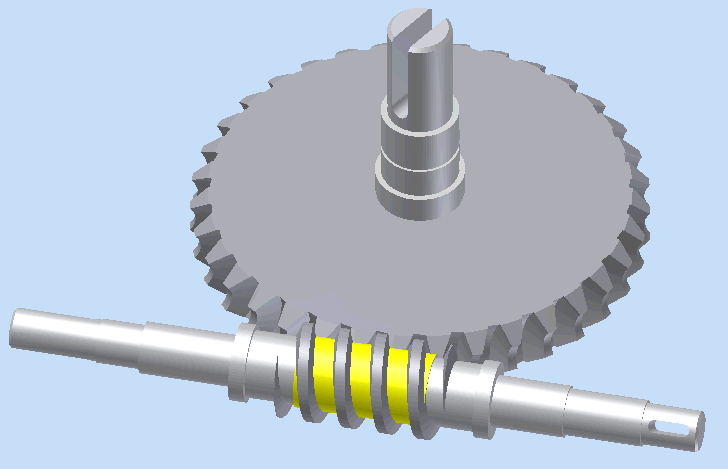STRUCTURES AND MECHANISMS
1) Copy and complete the following table.
TYPES OF STRUCTURES: EXAMPLES:
Mass Wall, dams, etc.
Frame Buildings, bycicles
Truss Cranes, electricity pylons, etc.
Suspended Bridges, tents, marquees, etc.
2) Have you ever seen a structure that uses cables? Write down the names of the ones that you can remember or the ones that you can see and draw them.
Yes. A bridge that u is made with cables. This one is called Tatara and it tis located in Japan.

3) When a person sits on a a chair, the stress that the chair has to withstand is due to the weight of the person, whereas the strength is the chair´s ability to withstand the load without breaking. Indicate which is the strength and which is the stress in these two examples:
a) A wardrobe hanging from a rope.- Strength
b) A twisting telephone cord.- Stress
6) Describe the structure of a turtle´shell. Why do you think it has this shape? What material do you think it is made from? Is it strong enough for the stresses it has to withstand?
The shell structure is composed of hard, bone plates covered by scutes. The scutes are made of keratin, the primary substance in hair, nails and hooves of other animals. The pigment melanin, present in the scutes, may form intricate designs and brightly colored patterns in some species.
7) Which types of stress do the following elements and activities have to support:
a rope with a weight hanging off it: Tension
A man pushing a cabinet: Compression
Tightening a screw: Compression
Cutting our fingernails: Shear
9) Write a short description of three objects using one of the following adjectives for each object: rigid, elastic and plastic. Explain how these properties allow the objects to fulfil your function or make them switable for their purpose.
A column is a rigid object which is used to support building structures. An example of a stress in which it is used is in compression.
A rubber band is an elastic object which can be used to tie your hair. Some examples of stresses in which this object could be used are: tension or torsion.
A water bottle is a plastic object, it can be deformed but it doesn´t come back to its original shape.
11) Copy and complete the following table with objects that have the properties shown in the right-hand column.
OBJECT PROPERTIES
Brick Rigid
Tile Deformable
Rubber band Elastic
Chewing gum Plastic
12) Think about the following objects and state whether they are rigid, plastic or elastic: balloon, empty drinks can, window frame, clay, catapult, door.
- Rigid: window frame, catapult, door
- Plastic: balloon
- Elastic: empty drinks can, clay







